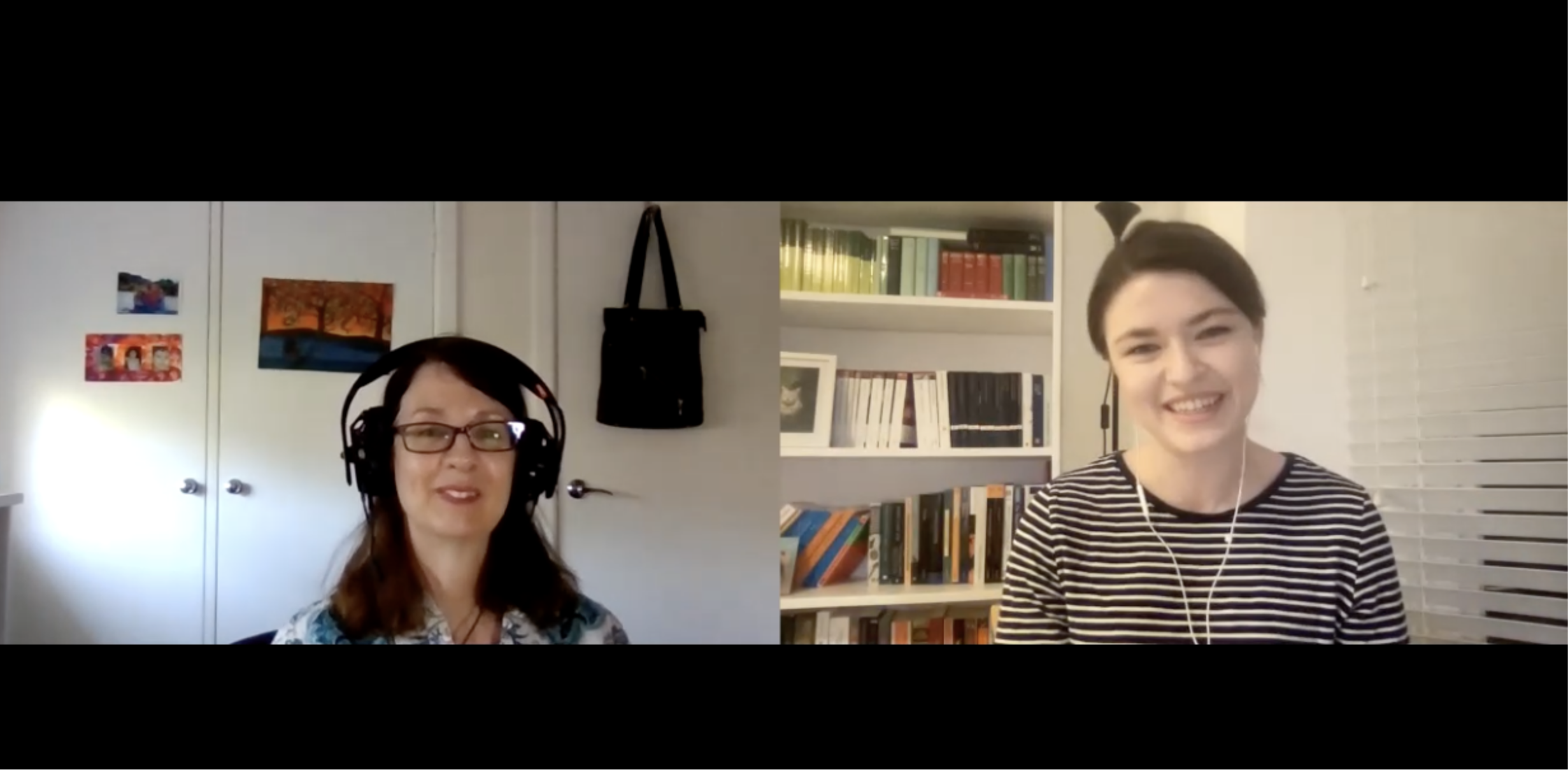
Ronja Griep is leading a podcast series on body politics, backed by a grant from the Cambridge Centre for International Research
Researchers can place issues that are being discussed on social media in a broader context and discuss the often underestimated consequences of girls' body image on their health and self esteem.
Ronja Griep
A Gates Cambridge Scholar has been awarded a fellowship to produce a podcast series on 21st century body politics.
Ronja Griep has been awarded a Cambridge Centre for International Research grant to produce a six-episode podcast series which showcases research on body politics to a wider public and current school pupils considering university.
Ronja, who is doing a PhD in Philosophy, had been working with the Cambridge Centre for International Research think tank . It aims to broaden the number of students who go on to do academic research. It had run initiatives including a summer programme for students to get a taste of university research. Ronja brainstormed with them the kind of topics that might interest people in getting into research.
Her own research area is feminist and political philosophy and her focus is on menstrual shame. She says she has always been interested in philosophy that is rooted in current social issues. A podcast series on body politics seemed to align not just with her own research interests, but with widespread debate on social media which is often ahead of academic studies.
Ronja’s podcast series, 21st Century Body Politics, will feature a different researcher on each episode. The first episode features Dr Amy Slater on body image and body positivity in social media. Dr Slater has recently given evidence to the Women and Equalities Select Committee in Government.
Another episode will focus on the work of Dr Deborah Lupton, SHARP Professor in the Centre for Social Research in Health and the Social Policy Research Centre at the University of New South Wales, on women’s health and period tracking.
Ronja [2020] says: “Researchers are keen to share what they are doing and it is very relevant to people beyond academia. They can place issues that are being discussed on social media in a broader context and discuss the often underestimated consequences of girls’ body image on their health, self esteem and even whether or not they engage with social justice initiatives.”
*Picture credit: Ronja pictured with Professor Lupton.












